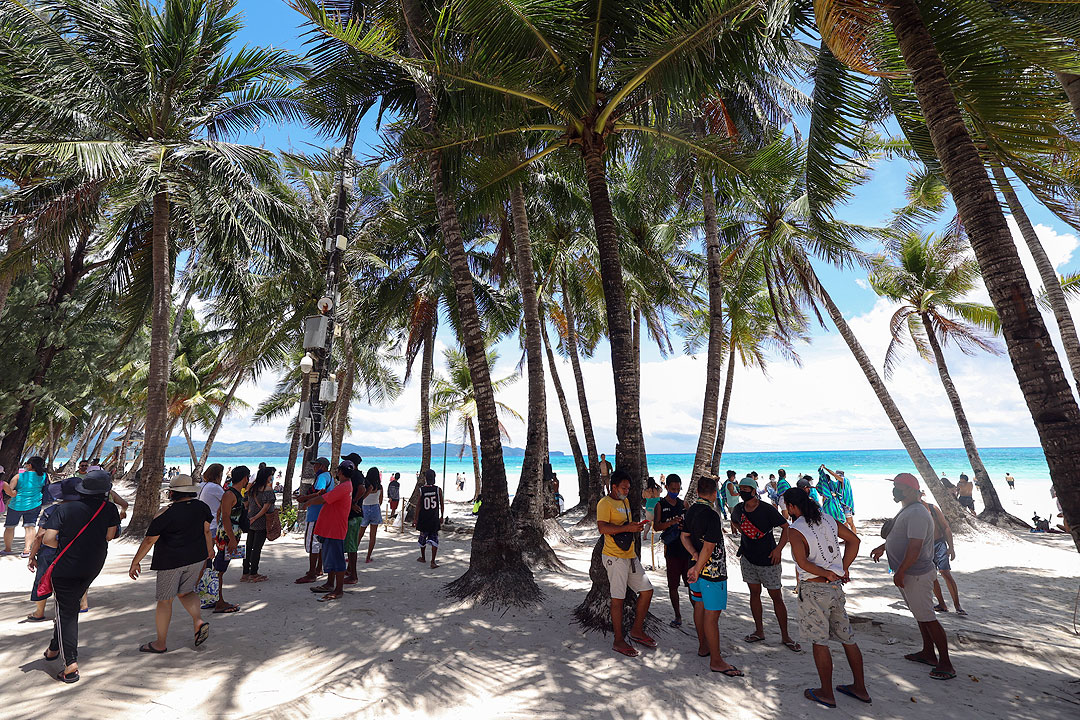Senate passes bill on VAT refund for tourists on second reading

THE SENATE on Monday approved on second reading a measure seeking to set up a value-added tax (VAT) refund system for tourists to encourage visitor spending.
Senate Bill No. 2415 aimed to provide nonresident tourists with VAT refunds for local purchases worth at least P3,000. The House of Representatives approved its version on third and final reading in March last year.
Under the Senate bill, tourists will be entitled to these refunds if they had purchased the goods from government-accredited stores within 60 days of seeking the VAT refund. The bill allows the refunds to be made electronically or in cash.
The measure also grants the Finance secretary the authority to adjust the 3,000-peso threshold based on inflation, administrative costs, and other market conditions, upon the recommendation of the Commissioner of Internal Revenue.
“By incentivizing tourists to spend within our borders, we will undoubtedly drive economic growth, create employment opportunities, and enhance the overall well-being of our people,” Senator Sherwin T. Gatchalian said in his sponsorship speech in September last year.
REVENUE LEAKAGES
Senate Minority Leader Aquilino Martin “Koko” D. Pimentel, however, opposed the measure, saying it could lead to revenue leakages and that the government should focus on improving the tourist experience and infrastructure instead.
“The bill lacks the assurance that it will genuinely boost the economy or that VAT refunds will be claimed solely by bona fide non-resident tourists, in short we are afraid of leakages or scams,” he said in his speech on Monday opposing the proposal.
Citing a 2018 World Bank study, he said the Philippines has lost about P539 billion in potential revenues due to VAT leakages and exemptions. He said the government would be better off spending on tourism infrastructure and easing the travel and accommodation of visitors in tourist spots.
Mr. Gatchalian earlier pushed for the creation of more medical facilities and police forces in the country’s tourist spots to complement the proposed tax refund mechanism.
The minority leader said the VAT refund mechanism would likely be very costly for the government to set up as it would entail hiring more personnel, setting up refund booths, and managing the program.
The Department of Tourism is aiming to post 7.7 million international tourist arrivals this year. As of Aug. 7, the Philippines has received 3.62 million inbound visitors, with 92% of them being foreigners, the agency said last month.
“If we cannot prevent leakage and abuse in the current system, how can we expect that this new VAT refund program won’t suffer from similar inefficiencies?” Mr. Pimentel said.
“Let us find more meaningful ways to boost our economy without compromising our tax revenues or creating new avenues for abuse.” — John Victor D. Ordoñez



